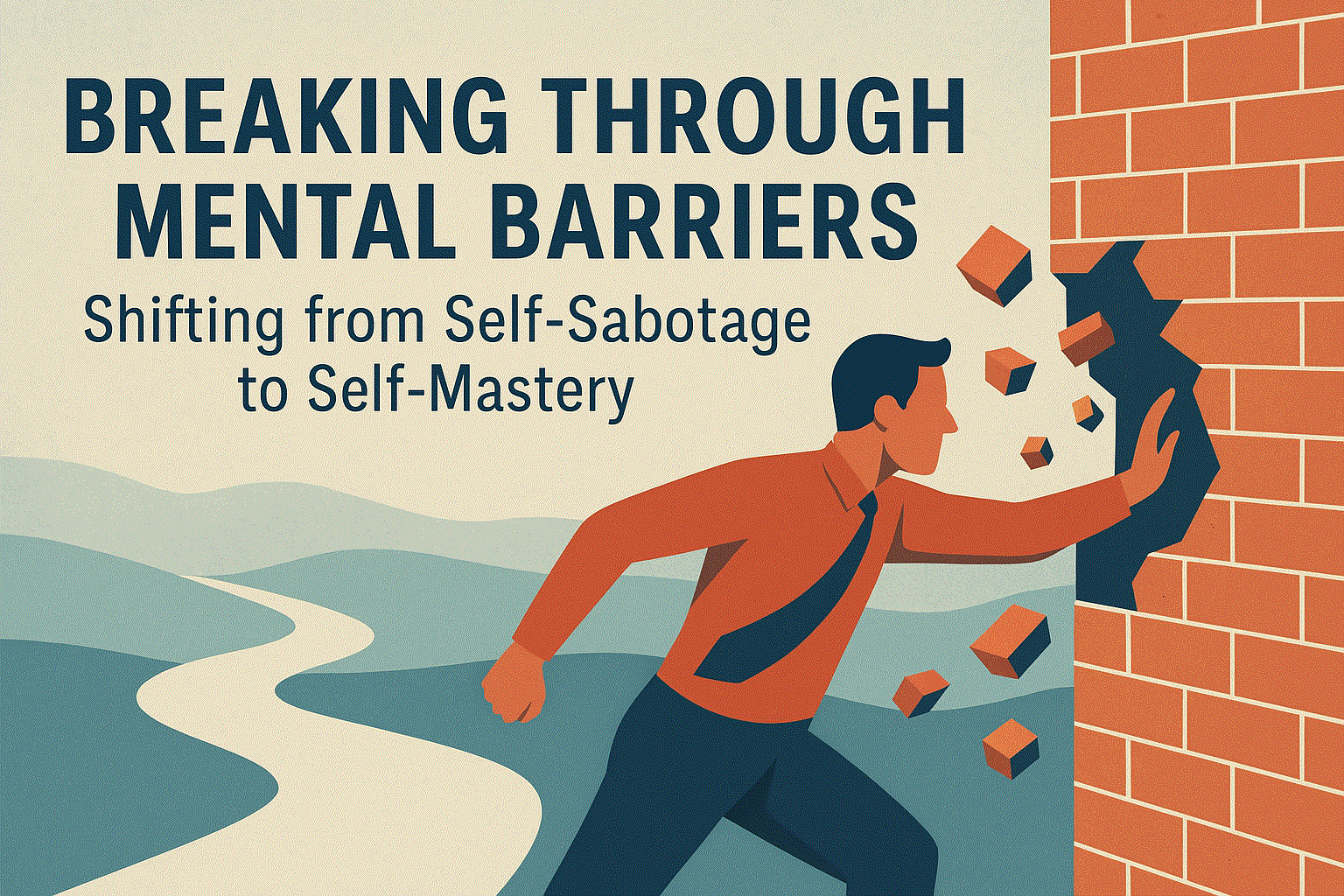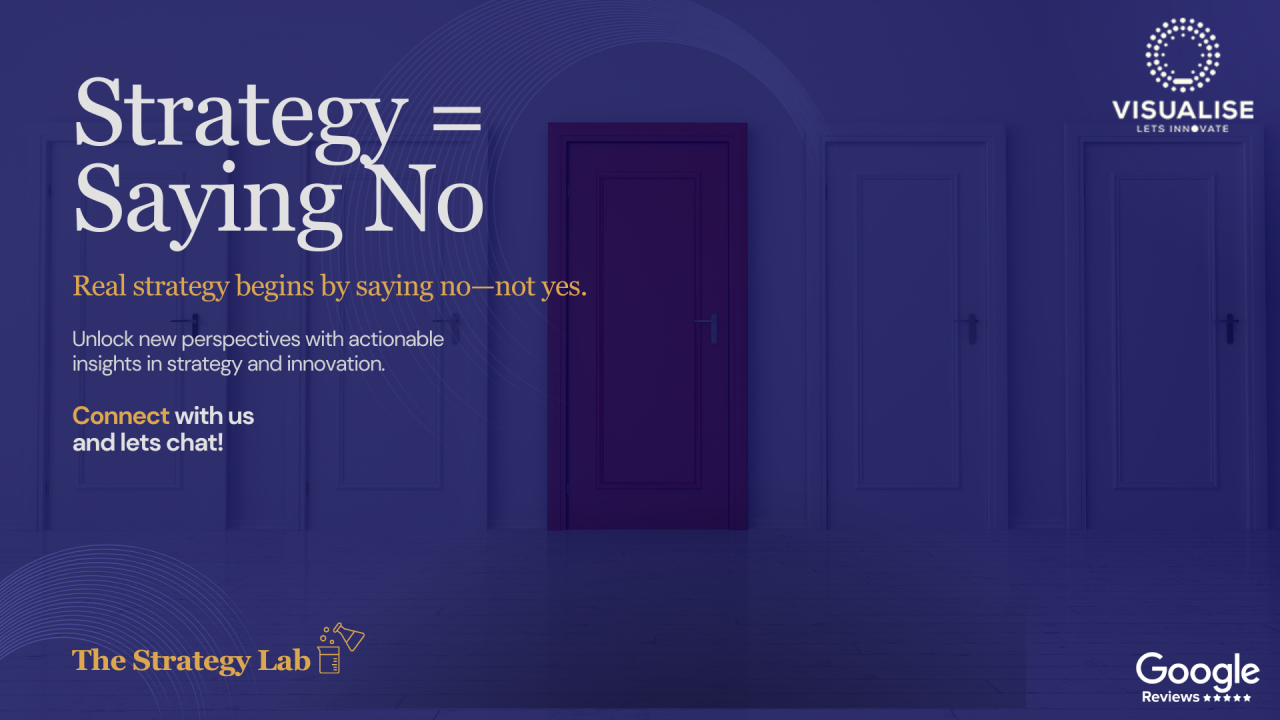
To understand what modern marketing is, it is necessary first of all to define marketing.
From a traditional standpoint, marketing can be said to be the strategies employed by a company to get potential customers to know what goods and/or services are offered by the company. So companies would have their product and then figure out how to get that product into the marketplace. Marketing became even more crucial as more and more companies were created offering similar products. The strategies had to get even more creative, and sometimes companies resorted to price cuts or other incentives to get the product into the hands of the customer. But with that being said, it must be pointed out that the bottom line was usually that the company had a product that needed to be sold. The task of marketing was relegated to a marketing and, by extension, sales department and proved to be entirely one dimensional in its approach.
Now with modern marketing, the focus had shifted from the company being the first point of importance and placed that emphasis on the customer as the most crucial factor in the equation. In other words, the company no longer thinks about creating a product and seeking customers buy-in. Still, the company now does its research to ascertain what it is that the customers may want and then provides that particular product in line with customer’s needs, which guarantees sales. It does not stop there but goes on to build customer relationships by ensuring that the company remains in constant communication with the customer through every possible avenue of interaction, especially on digital platforms. Also, it no longer the task of the marketing and sales department to get the product out to the customer, but almost every area in a company now had to be involved in modern marketing as it has a multi-dimensional approach.
So, if you were to define Modern Marketing in the most real sense of the term, it could be described as a company’s decision to employ market research, traditional promotional platforms as well as technologically advanced platforms to inform them of customer needs and ensure that they produce a product which meets those needs.
By Avdhesh Kumbhar
Keywords: Digital Transformation, Marketing, Sales

 Breaking Through Mental Barriers: Shifting from Self-Sabotage to Self-Mastery
Breaking Through Mental Barriers: Shifting from Self-Sabotage to Self-Mastery Why Change Really Fails: A Strategic View on People × Systems × Execution Gaps
Why Change Really Fails: A Strategic View on People × Systems × Execution Gaps Beyond the Buzz: What It Really Takes to Build a Business Ecosystem
Beyond the Buzz: What It Really Takes to Build a Business Ecosystem Strategy = Saying No!
Strategy = Saying No! The Self Before the System: What Must Be Understood Before We Build
The Self Before the System: What Must Be Understood Before We Build